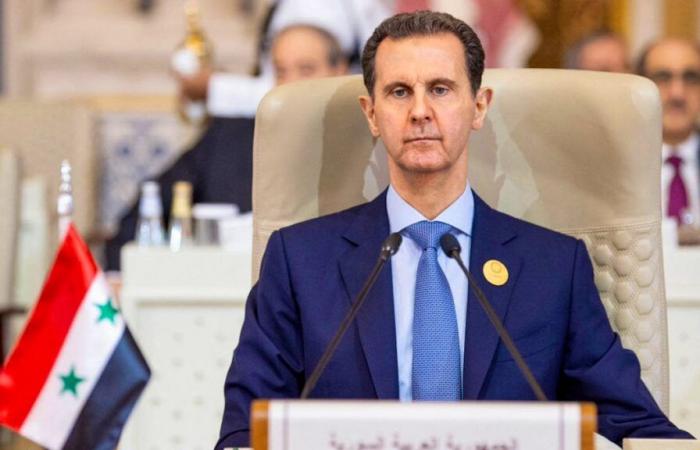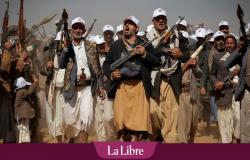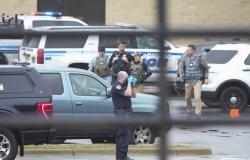The fall of President Bashar al-Assad took place on Monday in Bern. Or rather his fortune which, according to the economic site “Capital”, amounts to more than a billion dollars, or even much more. Indeed, two national advisors, Fabien Molina (PS/ZH) and Christian Dandrès (PS/GE) questioned the Federal Council on the assets of the Syrian regime blocked in Switzerland.
The government responded clearly: the total amount of assets of the former Syrian government frozen here amounts to nearly 99 million francs.
Asked whether other elements of wealth could have been hidden in Switzerland by arrangements, front companies, etc., the government recalled having adopted an ordinance in 2011 establishing measures against Syria, following thus the sanctions imposed by the EU. An order which provided for the freezing of assets and resources belonging to sanctioned individuals and entities. “Currently, 318 people and 87 entities are targeted by this measure”, for having shared or supported responsibility for the repression of the Assad regime or for having benefited from its advantages, specifies the Federal Council.
As for the question of how and within what time frame the restitution of assets could take place, Berne is also clear: assets can only be released when a sanctioned person or entity has been delisted. “However, the situation in Syria is confusing and particular to the extent that the overthrow of the Syrian government was the work of a group sanctioned by the UN,” he notes. So, as long as the sanctions remain in force, assets in Switzerland linked to the deposed dictator will remain blocked.
Return to Syria: Bern procrastinates
The Federal Council was also questioned about its policy on the returns of Syrians and the end of their admission to Switzerland. Berne delayed on Monday. “It is still too early to reliably assess the current situation in Syria,” he explains. This is why the State Secretariat for Migration (SEM) decided on December 9 not to comment for the moment on asylum requests and the expulsion of Syrian nationals, he recalls. And to insist: “it is important for Switzerland that the return to Syria can take place in complete safety. There is therefore currently no forced return to Syria. However, voluntary return is possible. The SEM constantly monitors developments in the situation and checks whether the conditions for a return assistance program are met, he specifies.






